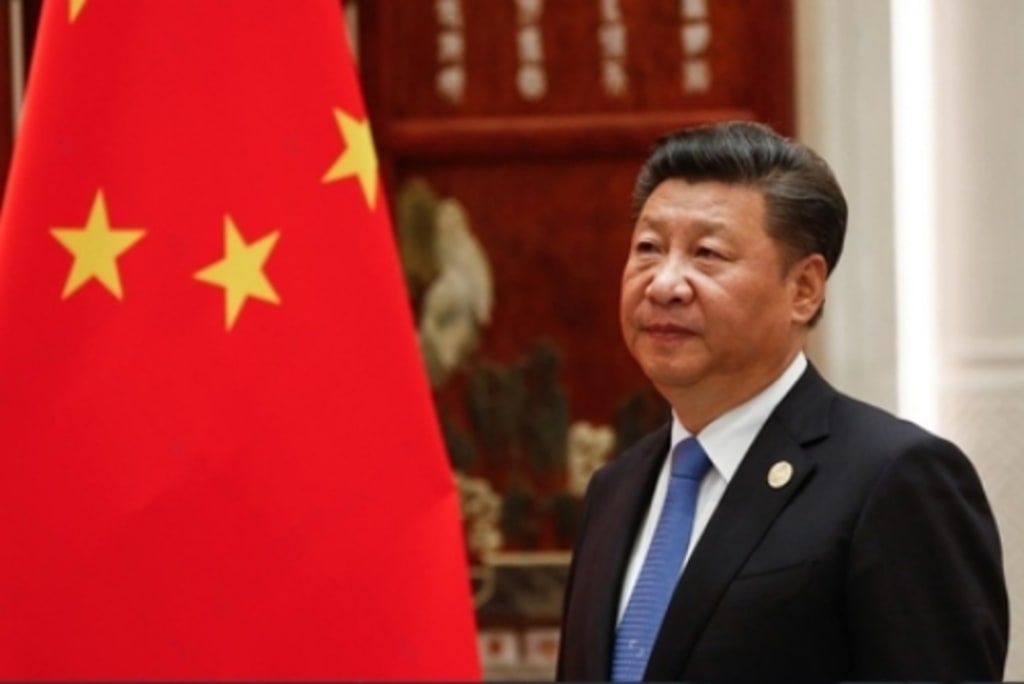
Xi Jinping, born on June 15, 1953, is a Chinese politician who has been the paramount leader of the People's Republic of China since 2012. He holds several key positions, including General Secretary of the Chinese Communist Party, Chairman of the Central Military Commission (CMC), and President of China. Xi is known for consolidating power and steering the country towards a more assertive role on the global stage.
In the vast landscape of Chinese politics, seven figures hold the keys to power, representing the pinnacle of leadership within the ruling Communist Party. Every five years, the curtain is lifted, revealing the chosen few at the National Congress, a meticulously orchestrated event. This unveiling is symbolic, with the first figure to emerge becoming the head of the party for the next half-decade. In October 2022, that figure was Xi Jinping, a man whose political influence has echoes of Mao Zedong, the revolutionary founder whose reign left an indelible mark on China.
Xi's ascent to power signals a departure from the collective leadership model established by Deng Xiaoping and a return to a more centralized, authoritarian rule. His third consecutive emergence as the paramount leader, after scrapping presidential term limits, raises questions about his potential lifelong rule, reminiscent of Mao's era.
However, Xi's trajectory is interwoven with an unexpected connection to Mao that dates back to his youth. During the turbulent years of the Long March, Xi's father, Xi Zhongxun, played a pivotal role in providing refuge to Mao's Red Army. This connection, albeit indirect, set the stage for Xi Jinping's eventual rise to power, a journey from political exile during the Cultural Revolution to becoming one of the world's most influential figures.
Xi Jinping's political maneuvering began long before his emergence on the national stage. Unlike many of his contemporaries vying for power in Beijing, Xi strategically positioned himself in various provincial leadership roles, cultivating support among both civilian and military circles. This calculated approach, spanning 17 years, culminated in Xi's elevation to the Politburo Standing Committee in 2007, a key stepping stone to the apex of Chinese politics.
Upon assuming power in 2012, Xi Jinping initiated a sweeping anti-corruption campaign, targeting hundreds of high-ranking officials and military officers. This ruthless purge aimed to eliminate potential rivals, consolidating Xi's control over both the party and the military, making him the most powerful leader since Mao.
The subsequent years saw Xi Jinping assert his dominance through ideological restructuring. In 2021, he introduced a historic resolution enshrining "Xi Jinping Thought" as the core guiding principle of the Communist Party. This move solidified his authority by quashing dissent and elevating his personal ideology to an unquestionable status.
Economically, Xi's first decade in power witnessed remarkable growth, with China's economy and individual incomes doubling. However, the leader faced challenges during the COVID-19 pandemic, revealing cracks in both the country's public health strategy and Xi's authoritative rule. The subsequent protests underscored the fragility of his unchecked authority.
At the 20th National Congress in 2022, Xi Jinping emerged once again as the paramount leader, revealing a Politburo Standing Committee filled with loyalists. With the removal of any senior figures connected to his predecessor, Xi has virtually eradicated dissent within the party and military. As the presidency is secured for another five years, it appears that Xi Jinping's unchallenged rule will endure, shaping the trajectory of China's political landscape.
It's important to note that opinions on Xi Jinping vary, both domestically and internationally, and discussions about his leadership often touch on political, economic, and human rights considerations.
The rise and reign of Xi Jinping, marked by strategic maneuvers, ideological consolidation, and a relentless pursuit of power, present a complex political puzzle that continues to unfold on the global stage.






Comments (1)
it's well-crafted and offers valuable information.